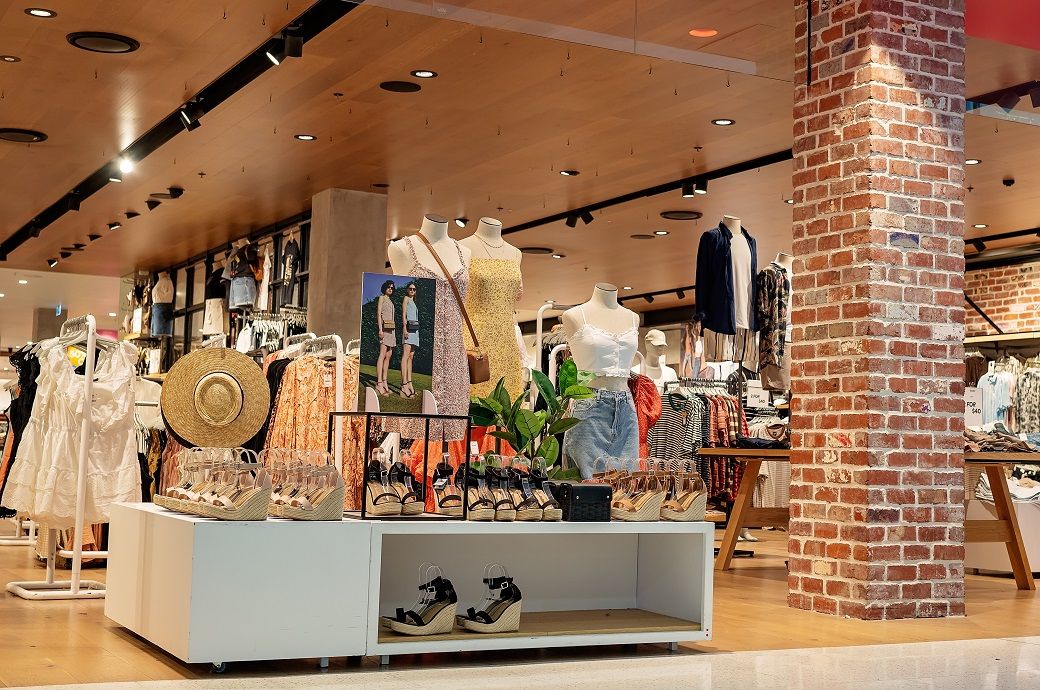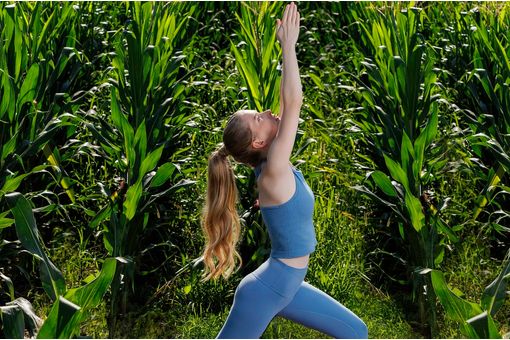Fashion supply chains improve amid COVID-19: Dr. Marsha Dickson

Insights
- The COVID-19 pandemic has driven changes in the fashion industry's purchasing practices, pushing sustainability and human rights goals.
- Despite these advances, suppliers continue to struggle under financial strains from brands and retailers.
- The upcoming Global Fashion Summit in Copenhagen aims to address this gap, advocating for sustainable practices.
However, suppliers continue to lament that the business practices of brands and retailers strain their finances, thereby obstructing improvements for workers and the environment. While a few suppliers are outspoken about this, most choose to air their grievances within safe, anonymous spaces to protect their business relationships, Dr. Dickson wrote in an article titled ‘Copenhagen 2023: A Roadmap for Ambition to Action on Purchasing Practices’ published on the Better Buying website.
Copenhagen is soon to host another Global Fashion Summit, with international fashion brands and retailers affirming their commitment to sustainability. This year’s summit, themed ‘Ambition to Action’, addresses the urgent need for the industry’s recovery from a year of scathing criticism over alleged ‘greenwashing’ of sustainability efforts. The event will take place on June 27-28, 2023, in the Copenhagen Concert Hall.
The journey from ambition to action necessitates a roadmap grounded in evidence-based knowledge from suppliers. This roadmap must highlight critical actions, indicate the correct directions, and give an accurate measure of the distance left to the destination. Data is the backbone of such a roadmap, and its continuous collection can signal progress and track achievements towards set goals.
Better Buying’s tools and data can empower brands and retailers to achieve the end goal of responsible purchasing practices. Their flagship Better Buying Purchasing Practices Index (BBPPI), utilised by 24 brands and retailers, identifies what is working well and where improvements are required.
However, few brands and retailers are exploiting Better Buying’s full suite of tools. Adopting these tools can provide a clear roadmap, indicating the route to take, the arrival point, and whether the purchasing practices are responsible, the article added.
To navigate this roadmap, Better Buying recommends adopting their Five Principles of Responsible Purchasing, inviting suppliers to participate in annual surveys, ensuring employee education, sharing data with employees and suppliers, and maintaining continuous improvement through annual repetition of these steps.
Better Buying will soon issue a more detailed roadmap incorporating measures from the BBPPI and BBPI.
Fibre2Fashion News Desk (NB)
































-Ltd..jpg?tr=w-120,h-60,c-at_max,cm-pad_resize,bg-ffffff)





.jpg?tr=w-120,h-60,c-at_max,cm-pad_resize,bg-ffffff)
.jpg?tr=w-120,h-60,c-at_max,cm-pad_resize,bg-ffffff)






